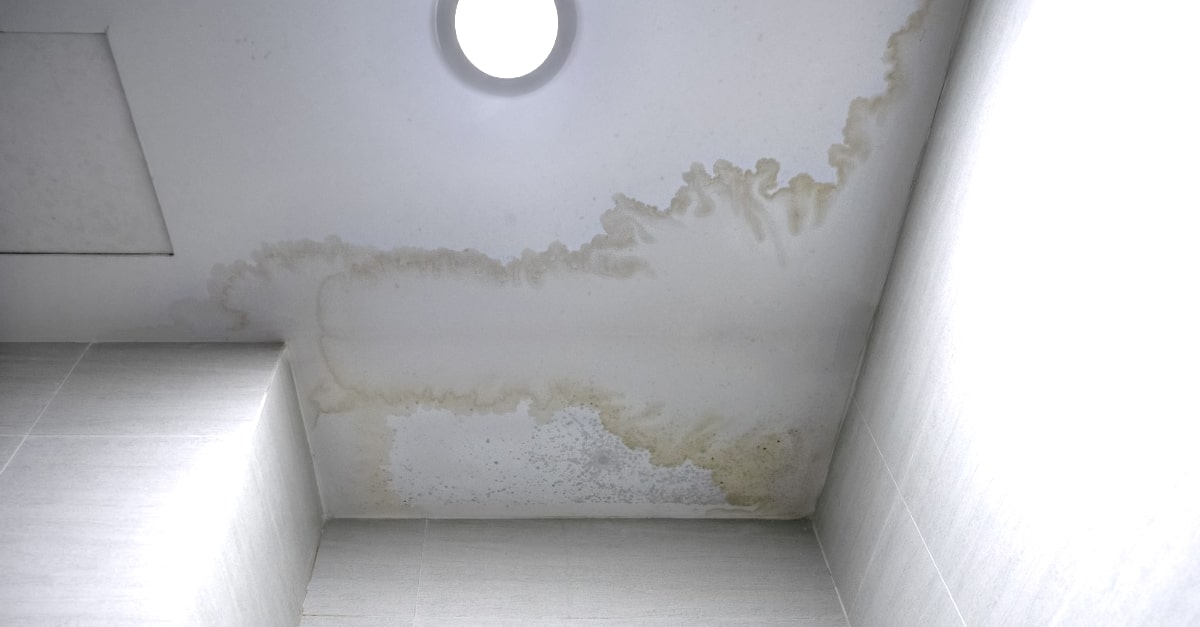The Residential Most Typical Leak Triggers: Examination
The Residential Most Typical Leak Triggers: Examination
Blog Article
What are your opinions regarding Common Water Leaks In House?

Leaks not only create waste of water yet can also cause unnecessary damages to your residence and also advertise undesirable organic growth. Water leaks may go unnoticed because most of the pipework in our home is hidden. By understanding and also looking for daily situations that create leakages, you can safeguard your home from future leakages as well as unnecessary damages. Today, we will look at 6 leak creates that may be triggering your pipes to trickle.
Immediate temperature adjustments.
Severe temperature adjustments in our pipelines can cause them to increase as well as contract all of a sudden. This expansion and also contraction might trigger splits in the pipes, specifically if the temperature are listed below freezing.
Rusty water systems
This might be the cause of staining or bending on your water pipelines. If our plumbing system is old, think about replacing the pipes since they are at a greater danger of rust than the newer versions.
Faulty Pipe Joints
Pipeline joints can weaken over time, resulting in water leaks. If you have loud pipelines that make ticking or banging sounds, especially when the hot water is turned on, your pipe joints are most likely under a great deal of stress.
Trespassing roots
The majority of water leaks begin outside your house instead of inside it. If you see an unexpected decline in water stress, say in your tap, take time to go out and analyze your backyard. You may discover wet patches or sinkholes in your yard, which may imply that tree roots are attacking water lines triggering water to seep out. You can have your plumber look for invasion, especially if you have trees or hedges near your property.
Poor Water Connectors
At times, a leak can be brought on by loosened hose pipes as well as pipelines that provide your appliances. Usually, shifting is what triggers the loose water Links. You might find in the case of a washing device, a pipe might spring a leakage because of trembling throughout the spin cycle. In case of a water connections leak, you may discover water running directly from the supply line or puddles around your devices.
Blocked Drains
Blocked drains may be annoying and inconveniencing, but they can in some cases end up triggering an overflow resulting in rupture pipes. Keep getting rid of any kind of materials that may go down your drains pipes that might clog them to stay clear of such hassles.
All the above are reasons for leaks however not all water leakages result from plumbing leakages; some leaks could come from roof leakages. All leakages ought to be fixed promptly to avoid water damages.
Leakages not only cause waste of water yet can also trigger unneeded damages to your residence and promote unwanted organic development. By looking and understanding for day-to-day situations that cause leakages, you can shield your residence from future leaks and unneeded damage. Today, we will certainly look at 6 leakage triggers that might be triggering your pipelines to trickle.
At times, a leak can be caused by loose hoses and also pipes that provide your devices. In case of a water links leakage, you may observe water running straight from the supply line or pools around your home appliances.
How To Check For Water Leak In Your Home
How To Check for Leaks
The average household's leaks can account for nearly 10,000 gallons of water wasted every year and ten percent of homes have leaks that waste 90 gallons or more per day. Common types of leaks found in the home are worn toilet flappers, dripping faucets, and other leaking valves. These types of leaks are often easy to fix, requiring only a few tools and hardware that can pay for themselves in water savings. Fixing easily corrected household water leaks can save homeowners about 10 percent on their water bills.
To check for leaks in your home, you first need to determine whether you're wasting water and then identify the source of the leak. Here are some tips for finding leaks:
Take a look at your water usage during a colder month, such as January or February. If a family of four exceeds 12,000 gallons per month, there are serious leaks.
Check your water meter before and after a two-hour period when no water is being used. If the meter changes at all, you probably have a leak.
Identify toilet leaks by placing a drop of food coloring in the toilet tank. If any color shows up in the bowl after 10 minutes, you have a leak. (Be sure to flush immediately after the experiment to avoid staining the tank.)
Examine faucet gaskets and pipe fittings for any water on the outside of the pipe to check for surface leaks.
Undetected water leaks can happen without the home or business owner even realizing. If you suspect a water leak, but not able to find the source. It is time to contact a professional water leak detection service, The Leak Doctor.
How To Find a Water Leak In Your Home
https://www.leakdoctor.com/blog/How-To-Check-For-Water-Leak-In-Your-Home_AE197.html

As a passionate person who reads on How Fast Water Damage Can Ruin Your Home, I was thinking sharing that portion was worthwhile. Sharing is caring. You never know, you may be doing someone a favor. Thanks so much for going through it.
Schedule Estimate Report this page